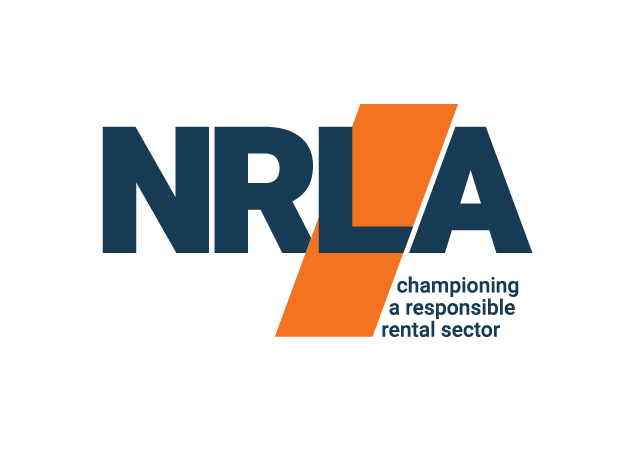How to Protect Yourself from Property Fraud

Property fraud is a growing concern for homeowners. Fraudsters constantly find new ways to steal property ownership, commit mortgage fraud, or sell property without the rightful owner’s knowledge. If you own a residential property – whether you live in it or rent it out – it’s important to take practical steps to protect yourself.
In his latest insight, Arvinder Samra, Consultant Solicitor at Woodstock Legal Services, explains the risk of property fraud and how to safeguard your home or investment property.
What Is Property Fraud and Who Is Most at Risk?
Property fraud happens when criminals take control of a property by stealing an owner’s identity or forging legal documents. Once they gain access, they may attempt to:
- Sell the property without the owner’s consent
- Take out a mortgage or loan against the property
- Transfer ownership to another name
Some properties are at higher risk of fraud, including:
- Homes that are empty or rented out
- Mortgage-free properties
- Properties owned by elderly or vulnerable individuals
- Unregistered properties
Taking the right precautions can help you prevent fraud before it happens.
Register for the Land Registry Property Alert Service
One of the simplest and most effective ways to protect your property is by signing up for the Land Registry Property Alert Service. This free service notifies you whenever an application is made to change the title of your property, allowing you to spot fraudulent activity early.
Why This Matters
If someone attempts to change ownership or take out a mortgage on your property without your consent, you will receive an alert. This early warning system gives you the chance to stop fraud before any damage is done.
Who Should Register?
Every property owner should sign up, especially:
- Landlords with rental properties
- Homeowners with mortgage-free properties
- Anyone who owns multiple properties or does not live at their registered address
For those with elderly or vulnerable family members, it’s also worth assisting them with registration to keep their homes protected.
How to Register
You can register up to 10 properties for free through the GOV.UK Land Registry Property Alert Service.
Keep Your Address Updated with the Land Registry
The Land Registry uses the address on file to contact property owners, mortgage lenders, and other registered parties. If your details are outdated, you could miss important fraud warnings.
Why This Matters
If you move house and forget to update your details, the Land Registry may send important notices to an old address, leaving you unaware of fraudulent activity until it’s too late.
How to Update Your Details
You can provide up to three addresses for official contact purposes, including:
- A UK or overseas postal address
- A DX (Document Exchange) address
- An email address
This is particularly important for landlords and second-home owners who do not reside on their property. Keeping your contact details up to date ensures you receive legal notifications promptly.
Verify All Communications to Avoid Fraudulent Emails
Fraudsters frequently target property transactions, using email scams and phishing techniques to deceive homeowners and investors into transferring money to the wrong account.
Common Warning Signs
- You receive an unexpected request to transfer funds.
- The sender’s email looks similar to a trusted contact but has minor differences.
- The bank details provided do not match those previously supplied by your solicitor.
How to Stay Safe
- Always verify bank details over the phone with your solicitor before making payments.
- Do not click on links or open attachments from unfamiliar emails.
- Be extra cautious if you are in the process of buying or selling a property.
If you receive an email with new payment instructions, call your solicitor to confirm before making any transactions.
Place a Restriction on Your Property Title
For an extra layer of protection, you can place a restriction on your property title. This ensures that no one can sell or mortgage your property without a solicitor or conveyancer verifying your identity.
Who Should Consider This?
A restriction is beneficial for:
- Property owners who do not live at the property
- Owners of mortgage-free homes
- Anyone looking for additional legal safeguards
How to Apply
You can submit a restriction application through HM Land Registry (Form RX1).
This step can significantly reduce the risk of fraudulent property transactions and prevent criminals from taking out a mortgage in your name.
Protect Your Home and Investments with Expert Legal Advice
Property fraud is a growing concern, but taking the right precautions can help secure your property and prevent criminals from gaining access. At Woodstock Legal Services, we provide expert guidance on residential property law, ensuring that homeowners and landlords have the protection they need.
If you’re concerned about property fraud, need help updating your Land Registry details, or want to apply for a title restriction, our team can assist you.
For tailored legal advice, contact Arvinder Samra by emailing a.samra@woodstocklegalservices.co.uk or complete the form below.
Arvinder Samra
Get in touch.
Contact Us
We will get back to you as soon as possible.
Please try again later.
News & Insights

















